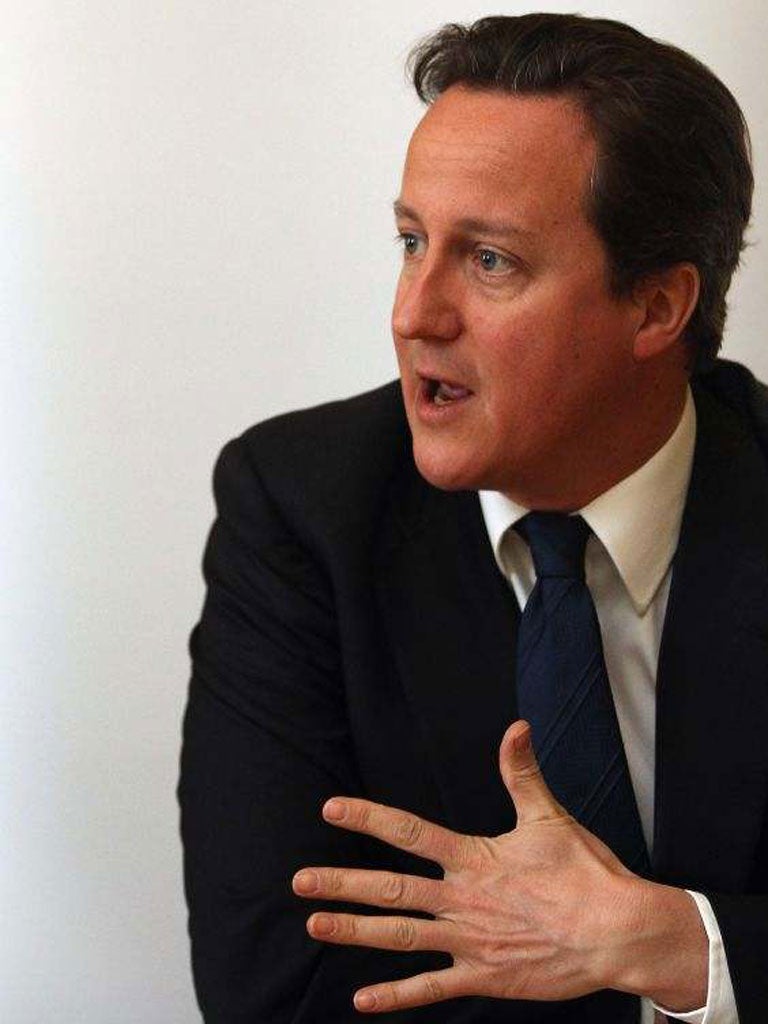NHS should work hand-in-glove with private firms, says Cameron

A government plan to share patient records and other NHS data with private health companies ran into an immediate storm of opposition yesterday.
David Cameron will try to get the proposal back on track today when he will argue that "opening up" the health service would make it a "huge magnet" for innovation and would boost economic growth.
In a speech in London, the Prime Minister will outline plans for seriously ill patients to get quicker access to potentially life-saving new drugs before they are licensed. He will call for the NHS to work "hand-in-glove" with life science companies in a move that could give them more freedom to run clinical trials inside hospitals and access anonymised patient records. It could mean records being handed to pharmaceutical firms which carry out experiments on animals.
Privacy campaigners pointed out that the Government did not have a good record in holding personal data. In 2008, child benefit records including the details of 25 million people were lost by HM Revenue & Customs.
Guy Herbert, general secretary of the NO2ID campaign, said: "Anonymised data is like sterilised milk – it stops being that way the moment you open it up."
Nick Pickles, director of the civil liberties group Big Brother Watch, said: "It is for patients, not the Government, to decide what happens with their medical information. It appears that commercial interests are being put ahead of patient privacy and that is unacceptable."
Joyce Robbins, of Patient Concern, said many people would be "deeply disturbed" by the notion that their private medical records could be handed to firms seeking new markets. "This data is absolutely private; it is notthe Government's to give," she said. In his speech, Mr Cameron will announce a £180m catalyst fund to help commercialise medical breakthroughs. The Government will consult on an "early access scheme" to ensure new drugs and technologies are available in NHS hospitals more quickly.
Join our commenting forum
Join thought-provoking conversations, follow other Independent readers and see their replies
Comments
Bookmark popover
Removed from bookmarks